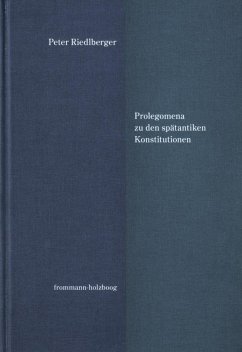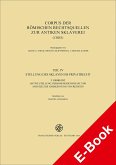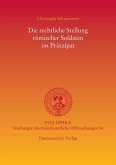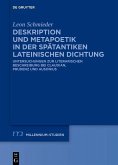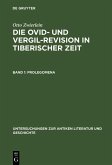Forscher zum »Codex Theodosianus«, einer Exzerptensammlung römischer Kaisergesetze, machen zwangsläufig Annahmen: Wie sehr wurde beim Exzerpierungsprozess modifiziert? Darf man davon ausgehen, dass die meisten jeweils einschlägigen Gesetze dargeboten sind? Nach welchen Kriterien erfolgte die Auswahl? Galten Gesetze nur für den Reichsteil des erlassenden Kaisers? Oder gar nur für den Amtsbereich des Empfängers? Riedlberger prüft eine neuartige, umfassende und vor allem in sich konsistente Vision der spätantiken Gesetzgebung anhand eines Exempels - der ungewöhnlichen erbrechtlichen Sanktionen - durch. Denn die formulierten Prinzipien müssen den praktischen Test aushalten; umgekehrt kann eine Besprechung von CTh-Fragmenten ohne Grundlegung schnell zu Missverständnissen und Anachronismen führen. Scholars using the Theodosian Code inevitably make assumptions: how much was changed during the redaction? Is it reasonable to assume that, for a given subject, most of the relevant constitutions can be found there? According to which criteria did the redactors select laws to excerpt? Were laws valid exclusively in the pars imperii of the issuing emperor? Or, actually, only within the jurisdiction of the receiver? Riedlberger offers a novel, comprehensive and consistent vision of late-antique law-making, which is then checked against a sample: the unusual penalties regarding bequeathing and inheriting. Thus, the claimed principles can prove their validity; while conversely, discussing CTh. texts without defining one's viewpoint to the fundamental questions easily leads to misconceptions.
Dieser Download kann aus rechtlichen Gründen nur mit Rechnungsadresse in A, B, BG, CY, CZ, D, DK, EW, E, FIN, F, GR, HR, H, IRL, I, LT, L, LR, M, NL, PL, P, R, S, SLO, SK ausgeliefert werden.

